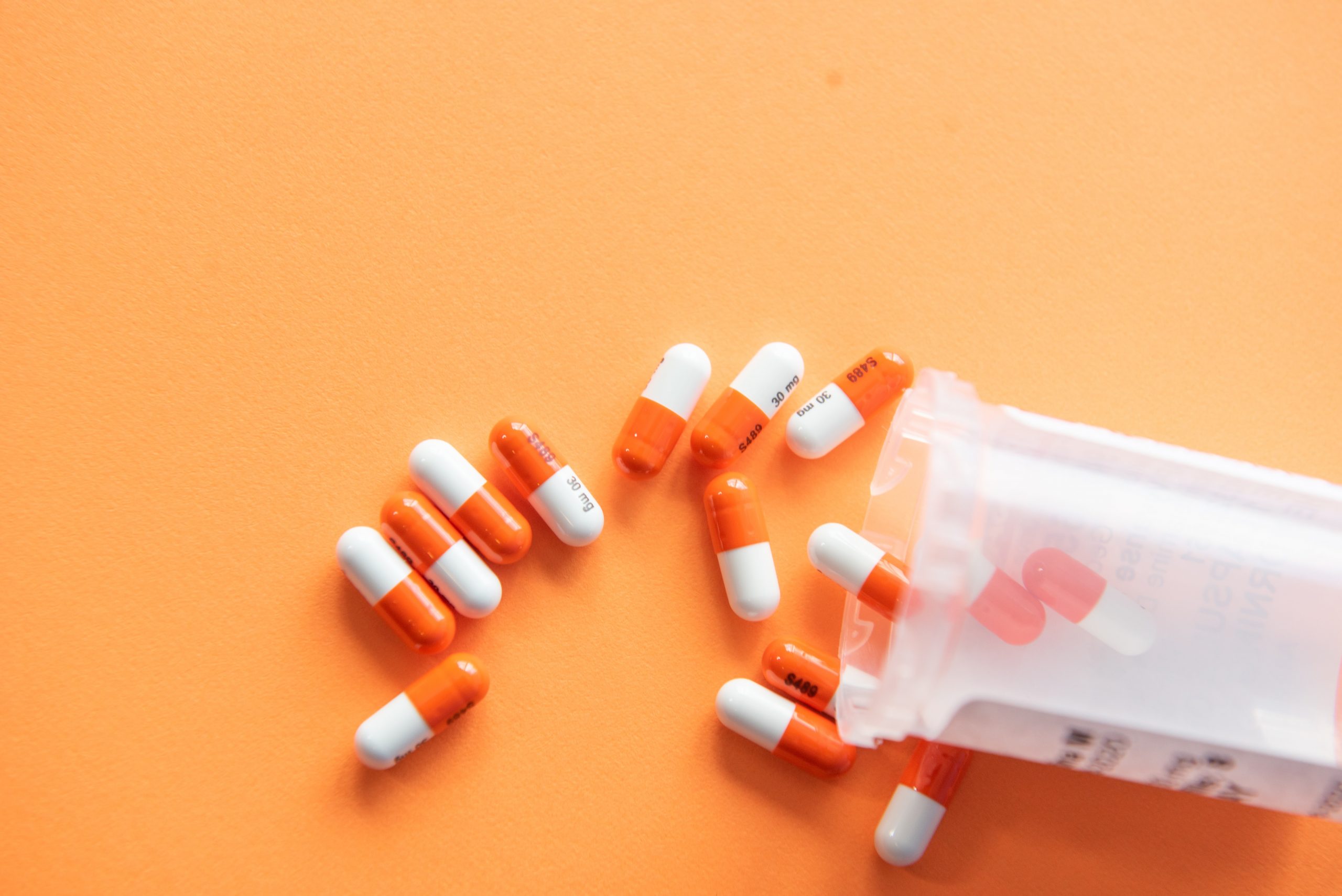
Social Secretary Kylie Clarke discusses her experience with antidepressants and NHS mental health services
The handling of mental health by the NHS is a popular and controversial topic of discussion. Particularly now, while the country recovers from the effects of COVID and faces a cost of living crisis, mental health issues are becoming even more prevalent than they previously have been – depression in particular. While it is necessary to remember that the NHS is a struggling and underfunded institution, and the majority of nurses and doctors try their best with the resources they are given, it is equally necessary to acknowledge that there is more that can be done to deal with mental health issues.
In my experience, the primary solution to mental health problems offered by the NHS is prescription pills. In the current climate, it seems that GPs are unable to communicate to an adequate extent with patients in order to make diagnoses. This is because the strain on GP practices has meant that face to face appointments for the past couple of years since the pandemic have come to be a rarity and even a luxury.
Face to face appointments for the past couple of years since the pandemic have come to be a rarity and even a luxury
While it is understandable that doctors would be inclined to prioritise those with physical health issues for face to face appointments, I know that for me personally and for others, consultations over the phone feel impersonal. They can lack the human element of the doctor-patient relationship, required by those who may find it uncomfortable opening up to a stranger about their thoughts. This means that it becomes more of a struggle to talk about your feelings, making it difficult to communicate all of the necessary information to your GP. This leads to misdiagnoses and therefore improper treatment.
I personally was prescribed sertraline after an approximately 15 minute phone call with my GP. A large dose at that, leading my doctor to ask me whether it would be a risk to prescribe me such a large amount – he proceeded after I told him it wasn’t. At the time I felt relieved and privileged to be receiving treatment at all, which many people are not given, but one must wonder what the ethics and the implications may be of prescribing a self-admittedly depressed teenage girl a large amount of pills just because they gave their word that they would not overdose.
On top of this, the briefness of the consultation meant that the side effects and risks of sertraline weren’t explained properly, particularly the risks that come with suddenly stopping the intake of the medication. This improper advice meant that the hormonal effect on me when I stopped taking my medication, believing it not to be working, left me in a much worse state than before I was even medicated. The doctor’s response to this was to offer me a higher dosage.
I know that my experience may be an anomaly amongst a plethora of more positive experiences with GPs and medication, and I am not undermining the useful effect that antidepressants can have on many people, but I stand by my point that antidepressants are prescribed too easily.
In a lot of situations, patients often have deeper underlying problems which are brushed off as depression and treated with antidepressants, which do not help and can even make you feel worse and create a dependency. I think that in these situations, doctors often do not take patients’ concerns and opinions on their own conditions seriously, and would rather take an easy way out than address deeper issues.
Doctors often do not take patients’ concerns and opinions on their own conditions seriously
While over-prescribing antidepressants can be unhelpful, the alternatives are often equally as unhelpful.
In situations where GPs are reluctant to prescribe medication, they offer generic lifestyle advice. Although I support GPs being more cautious when prescribing medication, offering obvious lifestyle advice which can be found anywhere on the internet, and has most likely already been tested by the struggling patient who is using medical advice as a last resort, comes across as uncaring and patronising.
From sharing experiences with others, I find that the most common opinion is that therapy is the most effective treatment for depression and other mental health problems. This however, leads us to a new problem altogether, which is that private therapy is expensive and inaccessible. While the NHS and other mental health services, such as Healthy Minds, do offer some forms of free therapy, waiting lists are extensive and the therapy itself is often generic rather than targeted to the individual.
I am in no way saying that medication should not be prescribed for depression; in many cases it is necessary and the best option. However, I do think that patients, particularly vulnerable young people, would benefit from face to face consultations, better access to correct information and advice on how to safely take the medication, with more frequent check ups led by GPs.
Depressed people should never be expected to take the initiative in contacting the doctor after they have expressed that they are depressed and have been prescribed medication.
Furthermore, an increase in therapy services and a variation in the types of therapy offered, as well as shorter waiting times would, I believe, be a more useful alternative than medication in some cases. For this to happen, we first must address the lack of resources and funding that the NHS is given to provide these services. Only then will we see an improvement in the NHS’ handling of mental health, the deficit of which should not be blamed on individual practitioners who are put in difficult situations.
For more interesting Comment articles, read:
Tate & the Manosphere: How Social Media Breeds Misogyny

Comments